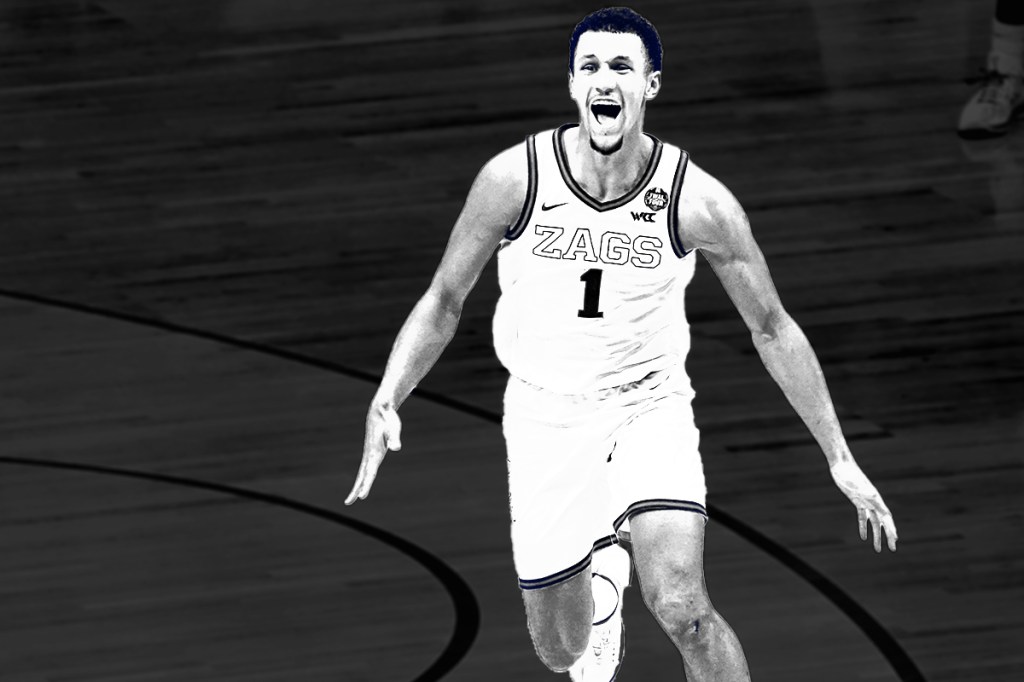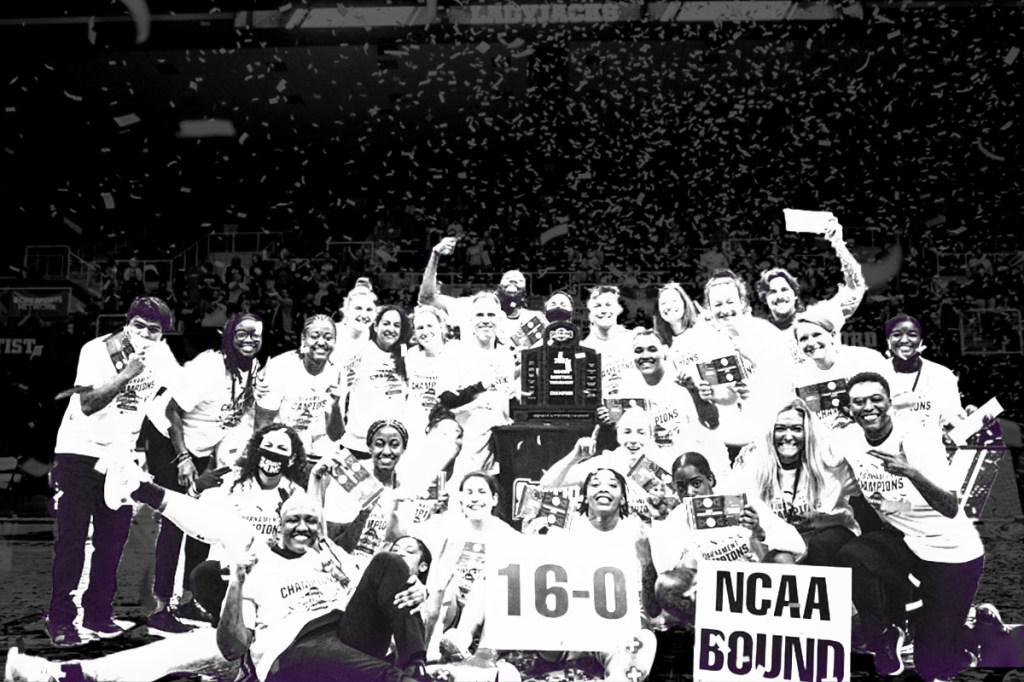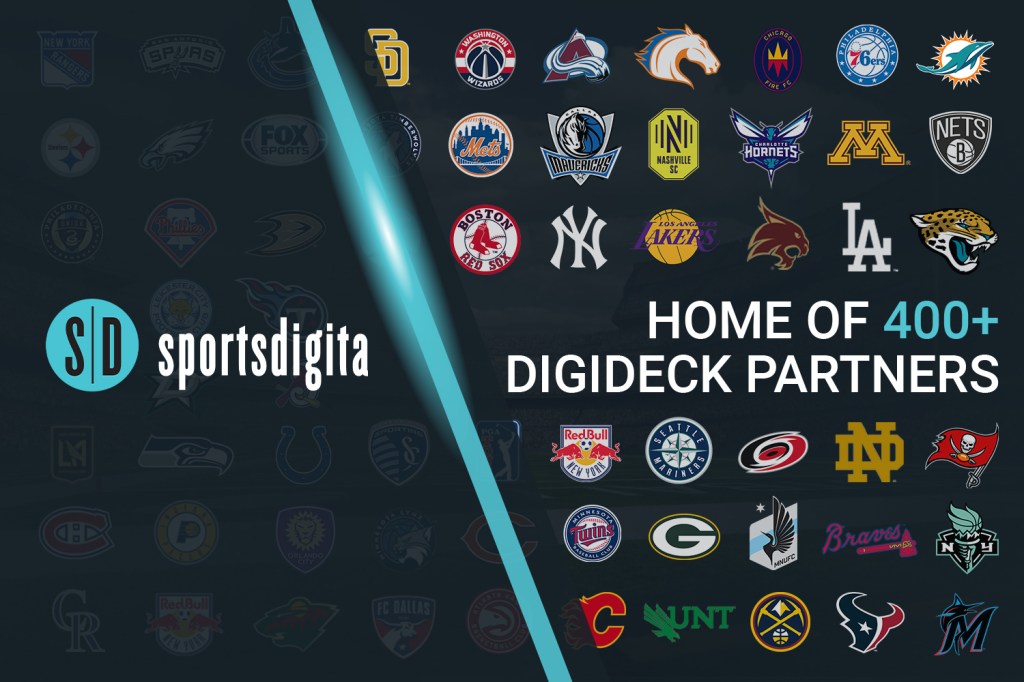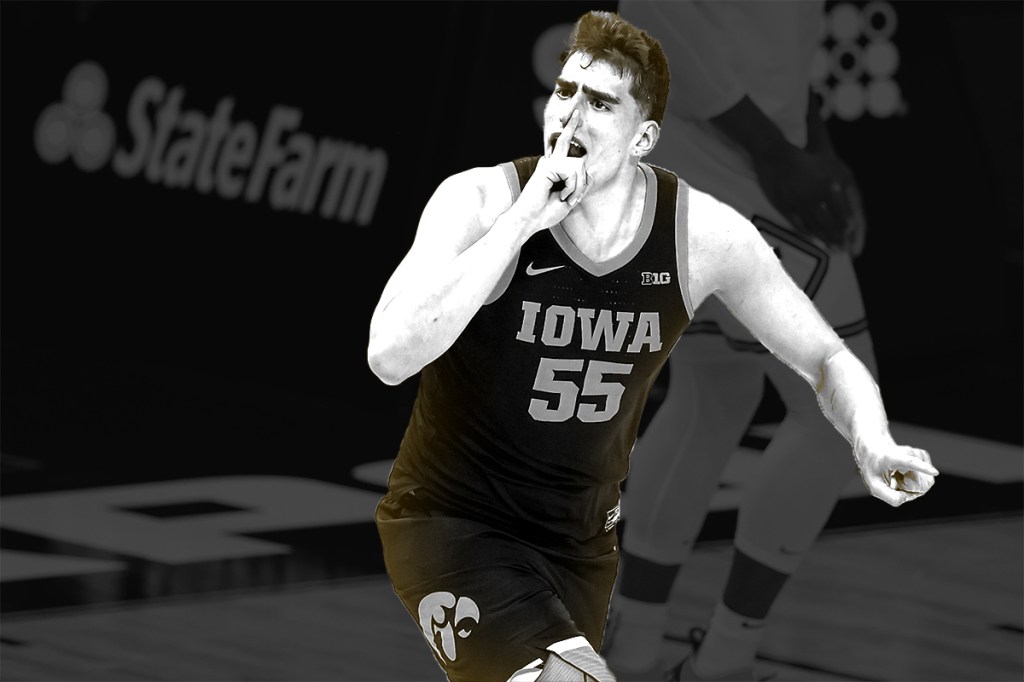Former Gonzaga guard Jalen Suggs is selling a piece of art to commemorate the buzzer-beater that sent the Zags to the NCAA championship.
But rather than a painting or signed poster, Suggs is selling a non-fungible token.
NFTs can be anything from a tweet to digital artwork. They’ve overtaken the sports world in recent months — and now, opportunities to sell NFTs in college sports are beginning to explode.
Array of NFTs
Suggs’ NFT uses a photo of him celebrating, and overlays words on his jersey and body, like “The Shot,” in a rainbow of colors.
Some NFTs are more akin to memorabilia than art, Edward Schauder, head of the sports law practice at Phillips Nizer, told FOS. Fans spend hundreds on collectibles like seats from the old Yankee Stadium, so now they can purchase an NFT featuring a seat. They could even buy a memorable tweet from coverage of a marquee game.
Sellers can pair physical items or other experiences along with their NFTs. For example, Suggs is also selling the shoes he wore during the game.
Staggering Value
Right now, the pro sports NFT market is booming. Just look at NBA Top Shot, which sells digital trading card packs. Despite the fact that packs can be as cheap as $9, Top Shot made more than $230 million by March 2, according to CNBC. A LeBron James dunk sold for $200,000.
What makes an NFT valuable? Like a rare trading card or a print by an artist, it’s unique. “It’s a scarcity thing,” Ashley Ebersole, a partner at Bryan Cave Leighton Paisner, told FOS.
“NFTs right now are undoubtedly a very hot commodity,” Ebersole said. “Will they stay that way in perpetuity? If you look at the history of the market for sports collectibles or sports trading cards, it tends to ebb and flow.”
In college sports, the NFT craze is just beginning. Former Iowa player Luka Garza created one that sold for more than $40,000.





